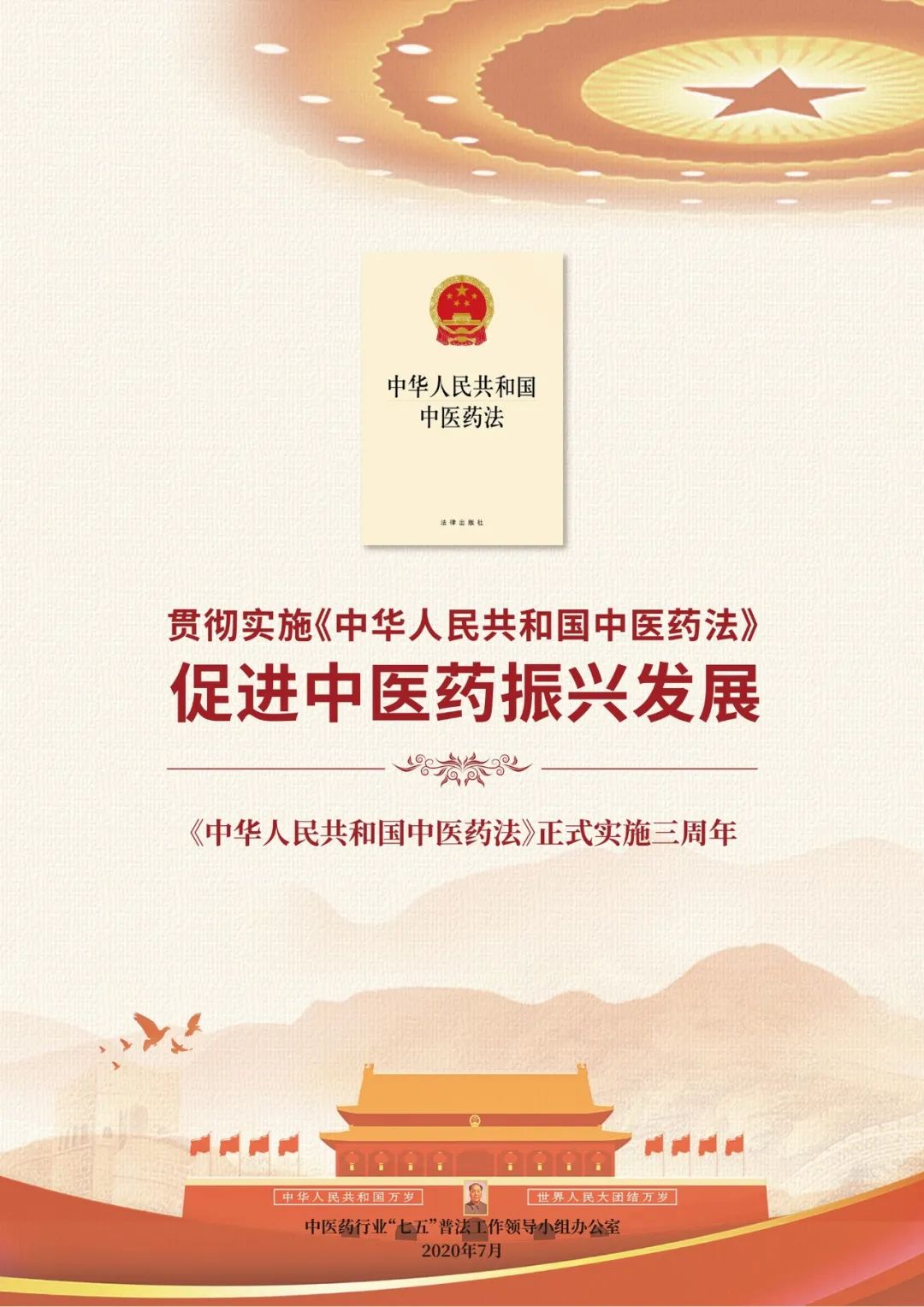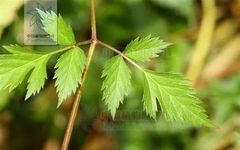As autumn approaches, many citizens begin to nourish their bodies. Today, we introduce this “blood nourishing herb”—Dang Gui (Angelica Sinensis), to prepare everyone for autumn and winter nourishment.
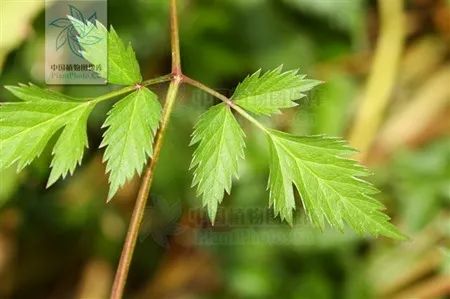
The name Dang Gui has an interesting story: There was a newlywed young man who went to the mountains to gather herbs, telling his wife he would return in three years. However, he did not return for a year, two years, and still did not come back after three years. His wife, missing her husband, became melancholic and developed a condition of blood deficiency, leading her to remarry. Unexpectedly, her husband returned later.She lamented to her husband, saying, “You did not return for three years, not even a letter. Now I have mistakenly married another man, and my heart is filled with regret and hatred.” The husband, regretting his delay, brought back the herbs he had gathered to treat her condition, and miraculously, it cured her ailment. From then on, people recognized this herb root for its ability to nourish blood, invigorate circulation, regulate menstruation, and relieve pain, making it a valuable gynecological medicine. To learn from the tragedy of ‘Dang Gui not returning, the beloved wife remarrying,’ it was named ‘Dang Gui.’In the world of herbal medicine, Dang Gui is one of the most commonly used traditional herbs, also known as Qin Gui, Yun Gui, Xi Dang Gui, or Min Dang Gui, and is a perennial herb.It has a sweet and pungent flavor, and a warm nature, with effects of nourishing and invigorating blood, regulating menstruation, relieving pain, and moistening the intestines. It is referred to as the “herb of qi in the blood, the holy herb of blood” and is also known as “the return of ten out of nine” and “the king of herbs“.
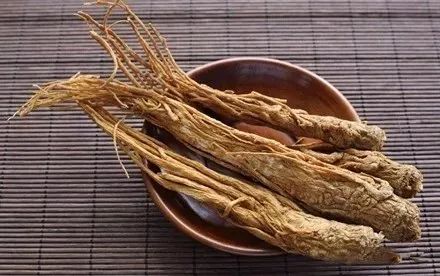
Dang Gui is divided into three parts for medicinal use, each with distinct effects
In practical application, Dang Gui is subdivided into three parts: the head, body, and tail, each with its own focus:The head of Dang Gui primarily stops bleeding; the body of Dang Gui primarily nourishes blood; the tail of Dang Gui primarily breaks blood. Whole Dang Gui has the effects of nourishing and invigorating blood.Generally, doctors will specify the part used in prescriptions; if only “Dang Gui” is written, it refers to “whole Dang Gui.”

Clinically, Dang Gui is widely used in treating gynecological diseases. Common conditions such as irregular menstruation, dysmenorrhea, blood deficiency amenorrhea, pale complexion, weakness, anemia, uterine bleeding, postpartum stasis, and epistaxis during menstruation can all be treated with Dang Gui.
The most well-known blood-nourishing formula is Si Wu Tang (Four Substance Decoction), which consists of Dang Gui, Shu Di Huang (Rehmannia), Bai Shao (White Peony), and Chuan Xiong (Szechuan Lovage), used for nourishing blood and regulating the body.
Dang Gui recipes suitable for different age groups
Dang Gui is suitable for women aged 20 to 80. Below are detailed introductions for each age group.
20-30 years old young women
This age group often suffers from dysmenorrhea, and Dang Gui is effective in treating this condition. Dysmenorrhea is often a manifestation of blood stasis; when there is no flow, there is pain. Modern studies show that Dang Gui can inhibit platelet aggregation and relieve uterine smooth muscle spasms, promoting blood circulation and resolving stasis.
We recommend the medicinal dish created by the sage Zhang Zhongjing—Dang Gui, Ginger, and Lamb Soup, which has a history of over 2000 years. In this soup, Dang Gui nourishes and invigorates blood, disperses cold and relieves pain, and moistens the intestines; ginger has the effects of releasing the exterior, warming the middle, and dispersing cold, suitable for cold-type pain; lamb can warm and nourish essence and blood. Although the recipe is simple, the combination of these three ingredients can warm and assist yang energy, disperse cold, and invigorate blood, effectively alleviating cold-type dysmenorrhea in women.
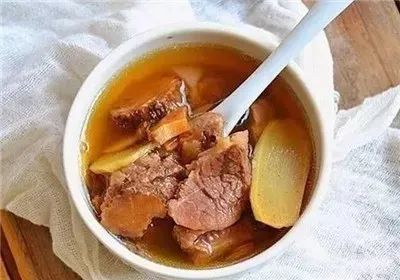
The specific preparation is as follows:Take 500 grams of lamb, wash and cut into small cubes, blanch in boiling water for about 5 minutes, skim off the foam, remove the lamb, and rinse with hot water.In a new pot, add 15 grams of ginger, 9 grams of Dang Gui, and a little salt.Bring to a boil over high heat, then simmer for 1 hour until the meat is tender and the soup is ready to drink.For better taste, you can add a small amount of cooking wine, Sichuan pepper, green onions, etc., or omit them.Additionally, those who do not prefer meat can try Dang Gui and Cinnamon Wine. In this recipe, Dang Gui nourishes and invigorates blood, regulates menstruation and relieves pain; Shu Di Huang nourishes yin blood; Hong Hua (Safflower) and Rou Gui (Cinnamon) invigorate blood and promote menstruation, and sweet wine can facilitate blood circulation. This can also be used for blood deficiency or stasis-related amenorrhea and irregular menstruation.
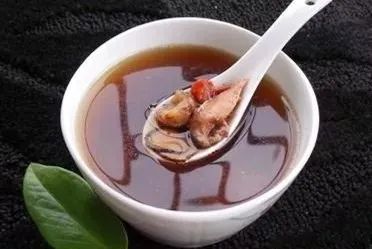
The specific preparation is as follows: Take 30g of Dang Gui, 50g of Shu Di Huang, 15g of Hong Hua, 6g of Rou Gui, and 1000g of sweet wine. Soak the herbs in sweet wine for 1-2 weeks before consumption.
40-50 years old middle-aged women
As women reach middle age, amenorrhea, chloasma, and butterfly spots may quietly appear. Dang Gui, through its invigorating blood effects, can not only treat gynecological blood stasis diseases but also promote smooth blood circulation, improving complexion and giving a rosy appearance. Sun Simiao recorded in the “Qian Jin Yi Fang” that Dang Gui is a “facial medicine for women” that helps with anti-aging and skin beautification.We recommend a medicinal dish: Gui Qi Pigeon Soup, which benefits qi and blood, and replenishes deficiencies, suitable for symptoms such as post-illness or postpartum weakness, palpitations, shortness of breath, fatigue, insomnia, forgetfulness, decreased memory, poor appetite, anemia, neurosis, and menopausal syndrome.
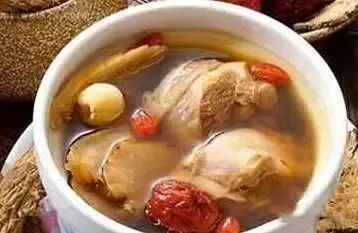
The specific preparation is as follows:Take 20g of Dang Gui, 30g of Huang Qi (Astragalus), 20g of Huai Shan Yao (Chinese Yam), and 20g of Hong Zao (Red Dates). Clean and cut the pigeon, place it in a clay pot with water, herbs, and seasonings, and cook until the pigeon meat is tender. Enjoy the meat and drink the soup.
60-80 years old elderly women
This age group generally experiences weakness, qi deficiency, and blood deficiency. Dang Gui is especially suitable for those with blood deficiency or low blood volume. Symptoms of blood deficiency include pale or sallow complexion, dizziness, fatigue, etc. Historically, a well-known formula for blood nourishment is Dang Gui Bu Xue Tang (Dang Gui Blood Nourishing Soup), created by Li Dongyuan during the Jin and Yuan dynasties in the “Nei Wai Shang Bian Huo Lun,” composed of Huang Qi and Dang Gui in a 5:1 ratio. In this formula, Huang Qi greatly tonifies the qi of the spleen and lungs, serving as the source of qi and blood; Dang Gui nourishes blood and essence, enriching the materials for blood production, thus promoting yang and nourishing yin, enhancing qi and blood.
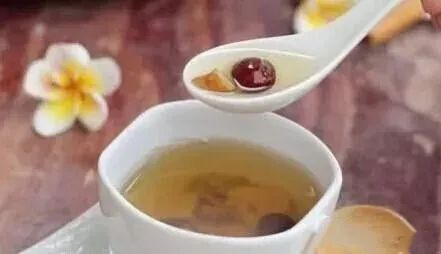
The specific preparation is as follows:Take 10g of Dang Gui and 50g of Huang Qi, decoct in water to drink. Alternatively, you can increase the dosage and prepare it as a paste.
【Source: Foshan Traditional Chinese Medicine Hospital, Author: Huo Xiuzhen, Chief Chinese Medicine Pharmacist at Foshan Traditional Chinese Medicine Hospital】

